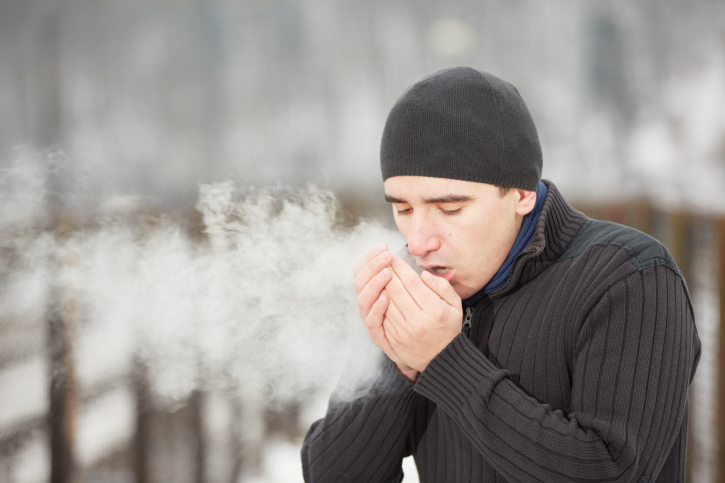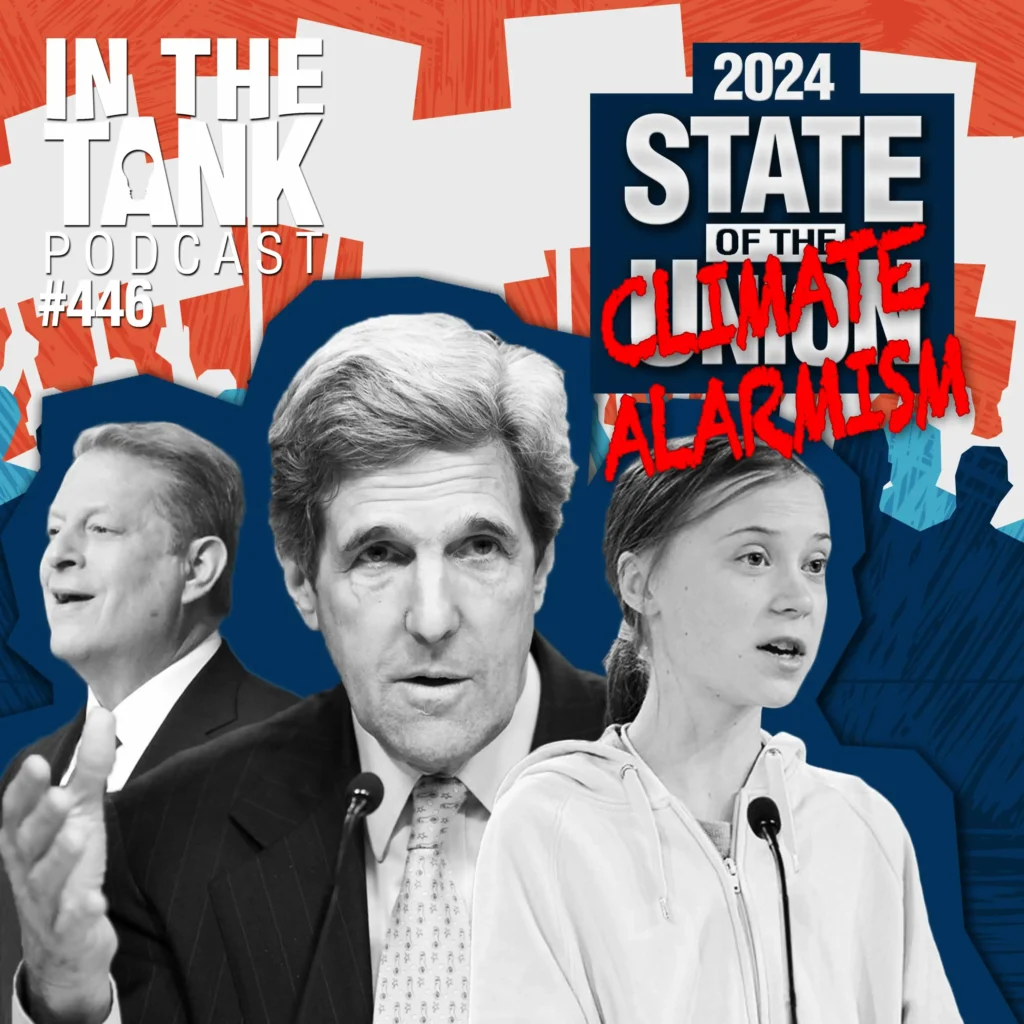One of the most embarrassing aspects of being Al Gore is the propensity of the weather to turn frigid virtually every time Gore schedules a public event to cry wolf about global warming. The Heartland Institute last Thursday proved the Gore Effect not only embarrasses global warming alarmists, but it also validates global warming realists.
Hosting its annual Emerging Issues Forum in Atlanta on August 15, The Heartland Institute put global warming prominently on the agenda. As Heartland Institute President Joe Bast asked me to give an overview of the latest scientific developments, the mercury in Atlanta acted like it was April rather than August. The high temperature was merely 73 degrees, obliterating the previous record for the coolest August 15 in Atlanta history. The previous August 15 record low for a high temperature was 77 degrees.
While global warming realists frequently point out the uncanny persistence of the Gore Effect, I have noticed a similar Heartland Effect in which temperatures tend to be unusually cool when I give a public talk on global warming.
The cynic may argue the Gore Effect and the Heartland Effect are mere coincidences. After all, meteorologist Anthony Watts pointed out on his Watts Up With That Web site that U.S. cold temperature records outnumbered warm temperature records by a 10–1 ratio last month. So perhaps the Gore Effect and the Heartland Effect really are mere coincidences. I, however, prefer to believe that there is meaning and direction behind this.





